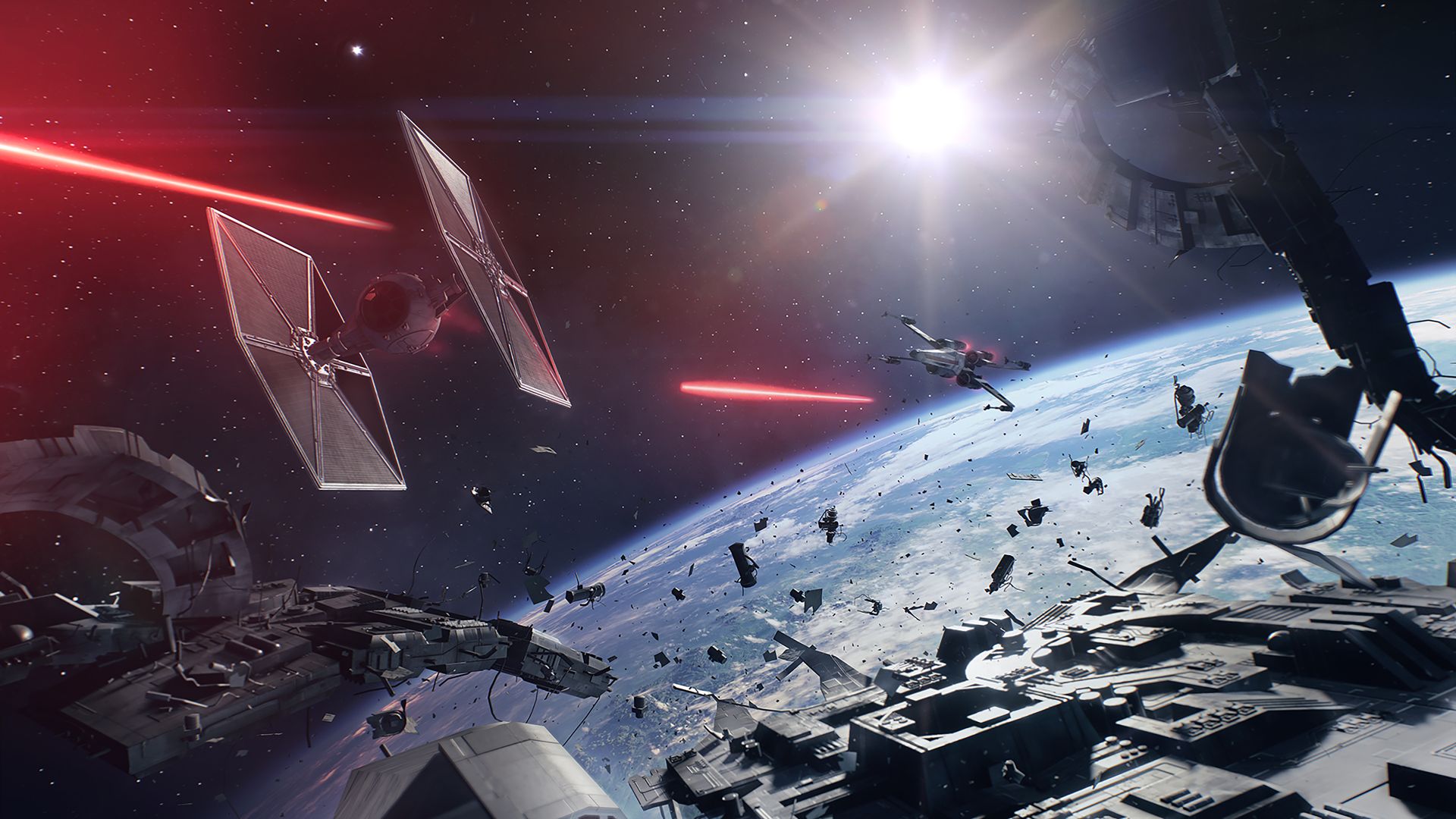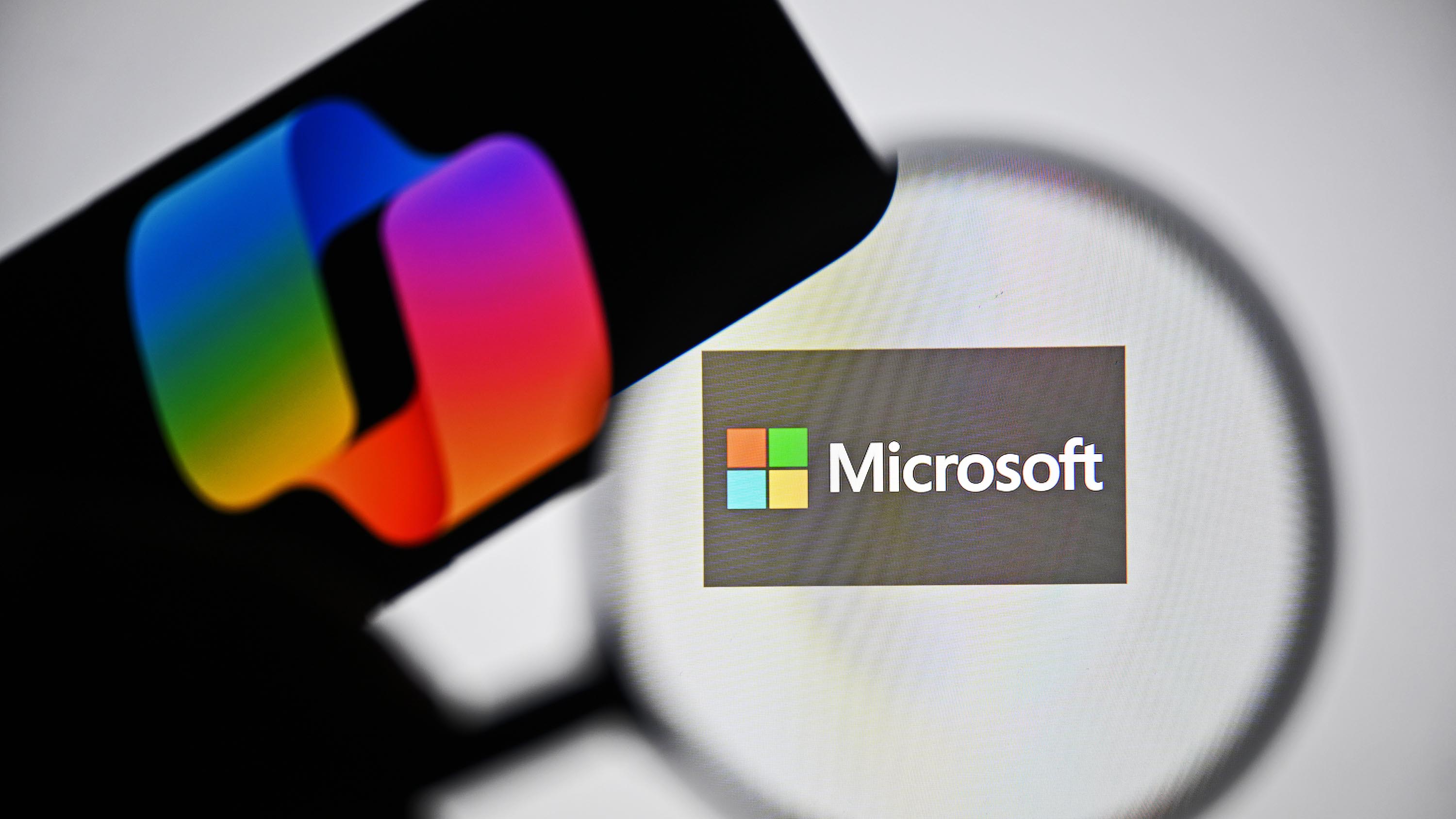EA announces return of Star Wars Battlefront II loot crates in wake of disappointing sales
EA never learns because, despite missing sales targets, the publisher confirmed that microtransactions would return to Star Wars Battlefront II in the coming months.

Star Wars Battlefront II generated a lot of controversy for its loot crates and microtransactions. The outcry among gamers caused the publisher to pull the micropayments, but by that time the damage was done. According to a new report by The Wall Street Journal, the game underperformed as EA only sold nine million units instead of the ten million they estimated. If you compare these figures to the first Star Wars Battlefront, the game passed fourteen million sales by March 2016.
pic.twitter.com/hjUiSAqfDzpic.twitter.com/hjUiSAqfDz— Sarah E. Needleman (@saraheneedleman) January 30, 2018January 30, 2018
Despite the disappointing sales figures, EA confirmed to The Wall Street Journal that Star Wars Battlefront II would enable microtransactions again in the coming months. The company promised to revamp the progression system but we haven't heard anything about the details. It's unclear if it'll be a marked improvement over the previous one or just a minor adjustment. Right now it seems like EA is only waiting for the controversy to die down before reintroducing them.
Star Wars Battlefront II's loot crate system was so egregious that even some governments got involved. A few months ago, Belgium's Gaming Commission announced that it was investigating whether loot crates available in Overwatch and Star Wars Battlefront II constituted a form of gambling. Even lawmakers in the United States and Australia took notice. Recently, Hawaii State Representatives called out EA for its business practices by branding Star Wars Battlefront II as a glorified themed casino.
Hopefully, EA has learned from its mistakes, but only time will tell. Now, the only acceptable microtransactions in Star Wars Battlefront II would be cosmetic items which don't affect gameplay at all. If there's any other system then the publisher risks damaging the beloved franchise even further, just like Dead Space and Mass Effect.
Keep an eye on WindowsCentral.com/Gaming for all the latest in Xbox and Windows 10 gaming, accessories, news, and reviews!
All the latest news, reviews, and guides for Windows and Xbox diehards.

Asher Madan formerly handled gaming news for Windows Central. Before joining Windows Central in 2017, Asher worked for a number of different gaming outlets. He has a background in medical science and is passionate about all forms of entertainment, cooking, and antiquing.
